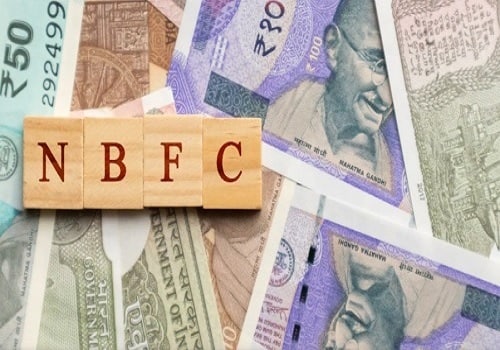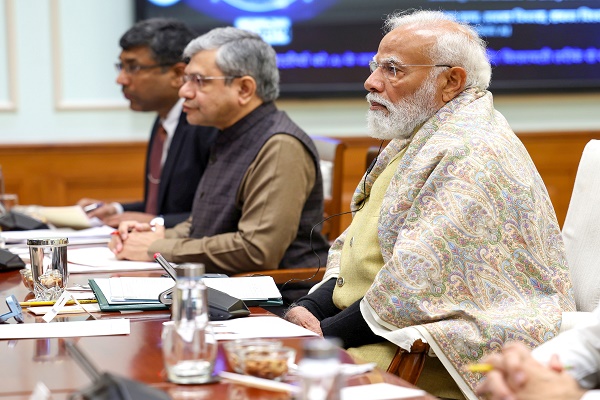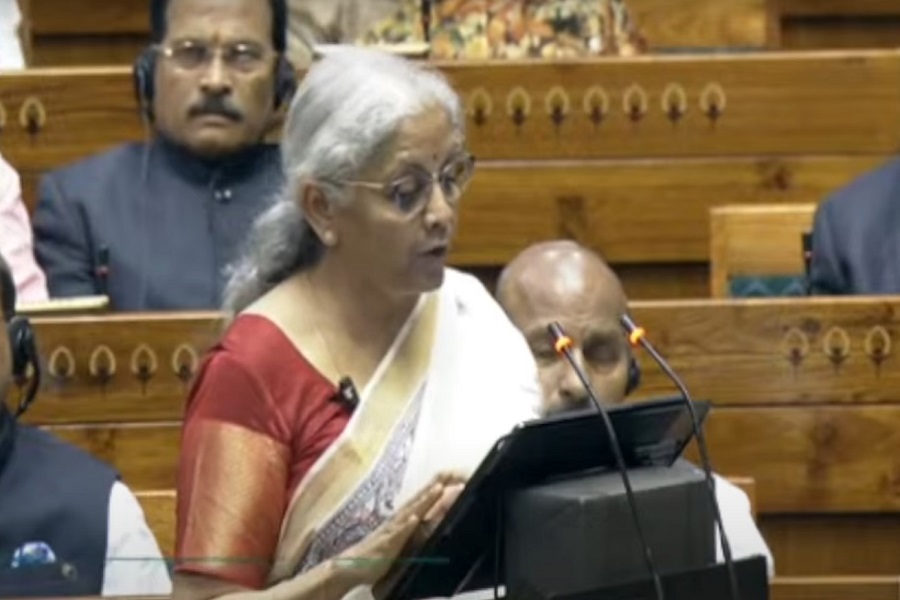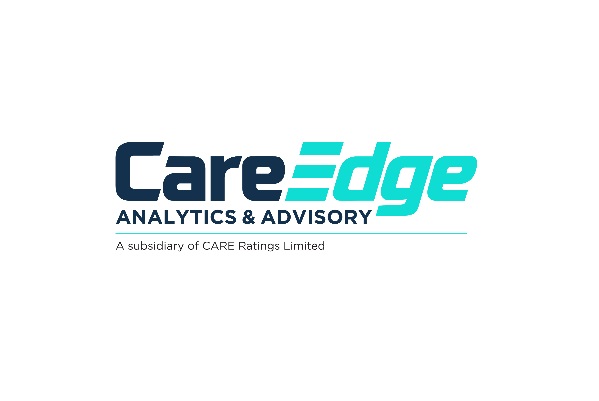Digital lending norms announced by RBI to change operating model of some NBFCs: CRISIL

CRISIL Ratings in its latest report has said that the digital lending norms announced by the Reserve Bank of India (RBI) on August 10, 2022, aim to usher in orderly growth and financial stability, check malpractices, strengthen transparency, and protect customer interests. However, it said they would raise operational intensity and compliance costs for lenders in the near term. It said that is because digital lenders have built their entire customer journey via technology-enabled means, including credit underwriting using alternative data sources and artificial intelligence.
According to the report, some of the rules that kick in with immediate effect will have a major impact on the way non-banking financial companies (NBFCs) have been operating in this space. The regulations on direct transfer of disbursements/repayments between borrowers and lenders will impact the 'buy now, pay later' services and prepaid instruments being offered. Business models will have to be tweaked to conform with the new regulations. Another important change is the restriction imposed on scrubbing/reading the smartphones of borrowers. This was a typical part of the underwriting regimen for digital consumer loans, and it will have to be rejigged now.
The report further stated that while overall, the revised norms are expected to enhance levels of corporate governance, transparency and disclosure, clarifications on the use of first-loss default guarantees, which are, still under further examination, bear watching. This aspect is an important feature of the business models for some of the digital lenders today. The new regulatory framework — centred around the digital lending ecosystem of regulated entities (REs) and lending service providers (LSPs) engaged by them to extend various permissible credit facilitation services — directs that all loan disbursements and repayments must strictly flow between the bank accounts of borrower and lender, without any pass-through to the account of LSP or third parties.




















